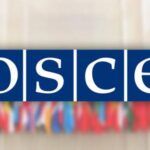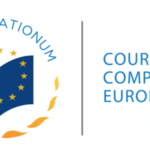The Economic and Social Committee (EESC) is a consultative body that offers European economic and social partners (employers, trade unions, representatives of small businesses, farmers’ associations, consumers, etc.) the opportunity to give their formal opinion on EU policies.
The EESC organises twice a year long (five months) and short (one to three months) periods of continuous training.
The main objectives of continuous training are:
- to complete and apply the knowledge acquired by the student during his studies or work;
- to provide the student with practical knowledge of how the various ESC services work;
- to enable students to gain experience through the contacts made in daily work.
The different types of practice offered by the EESC are as follows:
Long traineeships
Candidates must be university graduates. Candidates must have a thorough knowledge of one EU language and a satisfactory knowledge of another EU language, one of which must be English or French. Candidates from non-member states should only have a thorough knowledge of English or French.
Long-term traineeships last five months and are organised twice a year: from 16 February to 15 July (spring session) and from 16 September to 15 February (autumn session).
Apprentices receive a monthly grant of EUR 1,176.84. Paid apprentices cannot receive any financial contribution.
Short internships
Candidates must be college students who undergo continuous training of one to three months in the course of their studies to complete their college degree or recent graduates.
Candidates must have a thorough knowledge of one EU language and a satisfactory knowledge of another EU language, one of which must be English or French. Candidates from non-member states must only have a thorough knowledge of English or French.
Unpaid short-term traineeships can take place at any time of the year.
Application periods
– 1 July – 30 September (spring training February – July)
– January 3 – March 31 (fall internship, September-February)







Leave a Reply